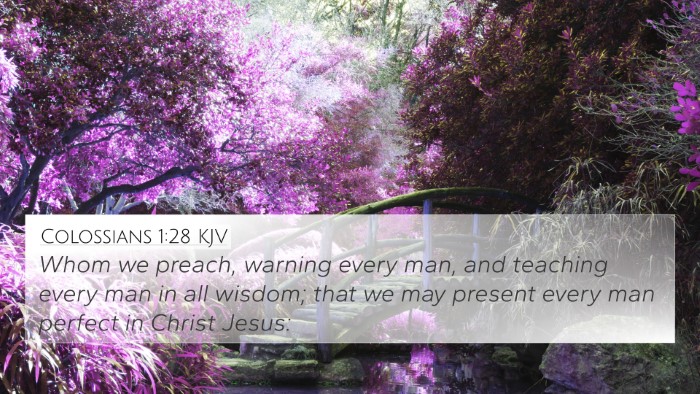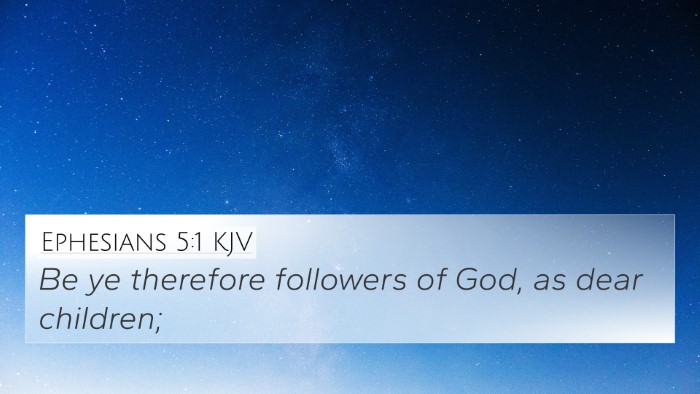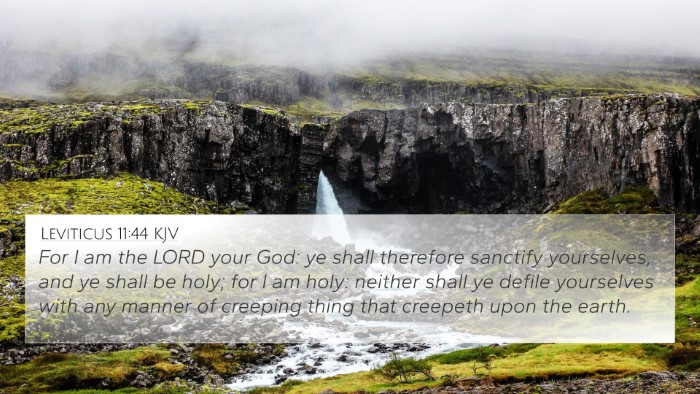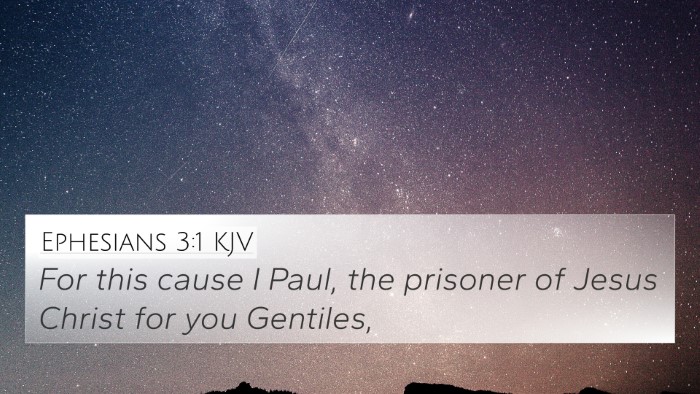Understanding Matthew 5:48
Bible Verse: "Be ye therefore perfect, even as your Father which is in heaven is perfect."
This verse encapsulates a significant teaching of Jesus during the Sermon on the Mount. It challenges believers to aspire toward the perfection and holiness of God, indicating a high standard for Christian conduct.
Meaning and Interpretation
The command to be perfect is grounded in the nature of God, who exemplifies absolute moral and spiritual integrity. Matthew Henry emphasizes that this perfection calls for completeness in love, urging followers to embody the love of God in their actions and relationships.
Albert Barnes interprets this perfection as a pursuit of moral integrity and the maturation of a believer's character, both of which reflect Christ's teachings. Adam Clarke adds that the context of this call for perfection lies in the teachings of Christ, which include mercy, purity of heart, and righteousness.
Key Themes
- Divine Perfection: The ultimate goal is to reflect the character of God in all areas of life.
- Progressive Sanctification: This verse encourages a continuous journey towards holiness.
- Imitate Christ: Followers of Christ are called to emulate His life and virtues.
Bible Cross-References
Matthew 5:48 connects with several other biblical passages that provide a deeper understanding of the theme of perfection and holiness. Here are some significant cross-references:
- Ephesians 5:1-2: "Be ye therefore followers of God, as dear children; and walk in love, as Christ also hath loved us."
- 1 Peter 1:15-16: "But as he which hath called you is holy, so be ye holy in all manner of conversation; because it is written, Be ye holy; for I am holy."
- Colossians 1:28: "Whom we preach, warning every man, and teaching every man in all wisdom; that we may present every man perfect in Christ Jesus."
- Philippians 3:14: "I press toward the mark for the prize of the high calling of God in Christ Jesus."
- Romans 12:1-2: "I beseech you therefore, brethren, by the mercies of God, that ye present your bodies a living sacrifice, holy, acceptable unto God."
- James 1:4: "But let patience have her perfect work, that ye may be perfect and entire, wanting nothing."
- 2 Corinthians 7:1: "Having therefore these promises, dearly beloved, let us cleanse ourselves from all filthiness of the flesh and spirit, perfecting holiness in the fear of God."
Exploring Connections Between Bible Verses
By studying Matthew 5:48 in conjunction with these references, one can see a thematic connection concerning the pursuit of holiness:
- Thematic Bible Verse Connections: Each of these verses reinforces the overarching call for holiness and moral integrity present throughout Scripture.
- Comparative Bible Verse Analysis: Analyzing these passages reveals how the concept of perfection is presented as a continual process of spiritual growth.
- Inter-Biblical Dialogue: Matthew 5:48 invites dialogue between the Old and New Testaments concerning God’s expectations of His followers.
Tools for Bible Cross-Referencing
For readers seeking to dive deeper into Scripture, utilizing resources such as a Bible Concordance or a Bible Cross-Reference Guide can enhance your understanding. Here are some practical approaches:
- How to find cross-references in the Bible: Use cross-reference Bibles that indicate related verses in margins.
- Cross-Referencing Bible Study Methods: Create personalized study notes by linking verses with similar themes or messages.
- Bible Reference Resources: Leverage software or online tools dedicated to Biblical studies for comprehensive cross-referencing capabilities.
Conclusion
Matthew 5:48 serves as a cornerstone for understanding the Christian call toward ultimate perfection, mirroring the nature of God. Through careful study and cross-referencing with related scriptures, one gains a more profound insight into the nature of Christian discipleship—a commitment to embody the love and holiness of God in one’s life.
























